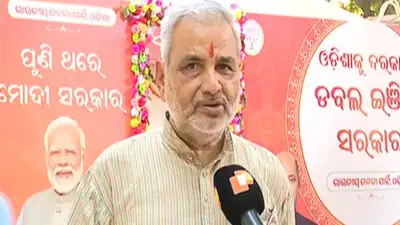Recommended Stories
A bench of justices P Sathasivam and J Chelameshwar granted four weeks to the Jail Superintendent to file his reply on the issue. Sentenced to five years RI in a criminal case, Kumari remained in the Tihar jail from March 24, 2007 to December 23, 2010, after availing remission. She was alloted the work of assisting doctors in the OPD in Jail No 6 and was also taking care of cleanliness of medical inspection room (MI). After release from the prison, her husband Jatan Singh filed a petition before Madhu Jain ASJ praying for wages to be released on her behalf, which was rejected by the magistrate.
On the basis of an affidavit filed by the DIG Prisons that she was not entitled to wages as Kumari did not agree to do any hard labour, the Delhi High Court dismissed her plea following which the couple appealed in the apex court.
In her petition, Kumari contended that as per Government order dated 23-10-07 published in Part 1V of the Delhi Gazetted-extraordinary notification under Rule 39A, all prisoners serving RI and "such other classes of prisoners who volunteers to work shall be entitled to wages as specified by the government from time to time."
She submitted that as per gazette notification no F9/194/98/HG/4375 dated August 2006 Rule 39A Delhi Prison (Transfer of Prisoners, Labour and Jail Industry Food Clothing and Sanitation) Rules 1988 provides, "All prisoners sentenced to rigorous imprisonment and such other classes of prisoners who volunteer to labour shall be entitled for wages as specified by government from time to time after deducting expenses on food clothing and other maintenance items of such prisoners. The wages shall be paid on the basis of actual work done according to the prescribed task."
However, the DIG prisons in his affidavit before the High Court had stated that two kinds of works are available for convicts in the jail; one is hard labour and second is soft labour.
The hard labour is further categorised as unskilled, semi skilled and skilled labour. The prisoners who perform hard labour are given the wages. Since Kumari exercised her choice of not performing hard labour, she was given soft labour, he said.












